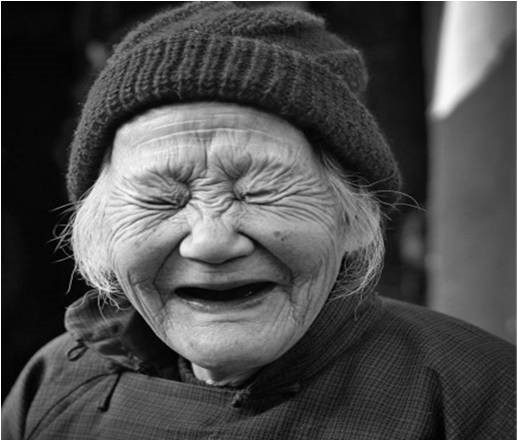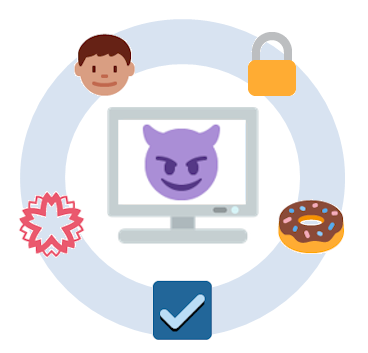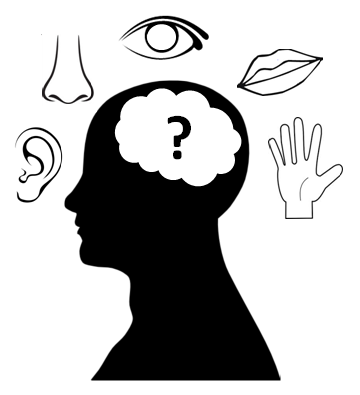Three Behavioral Insights into the Aging Mind
Behavioural science has contributed much to the understanding of decision-making in the last few decades. We now understand how heuristics and biases can influence our thinking, perceptions, choices and behaviour. Yet, many of the frequently cited studies from behavioural science have been conducted on students, typically in their early twenties. Consequently, people often ask whether these findings still hold in other generations: Does our decision making process differ as we get older? Do we become more or less ‘rational’? And if minds do differ, how does the 20 year old mind differ to the 70 or 80 year old mind?




